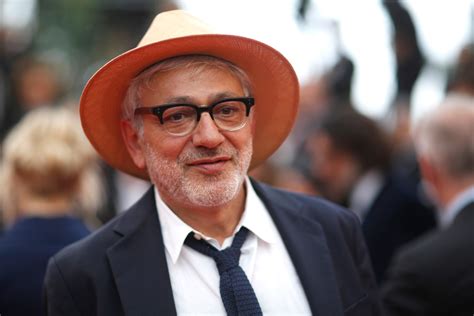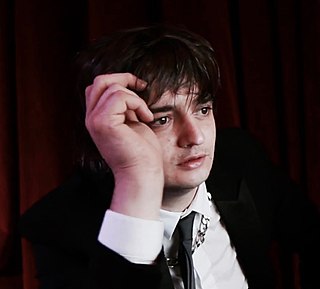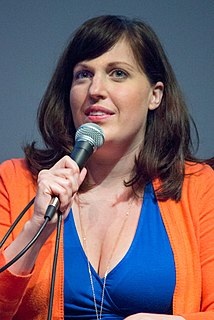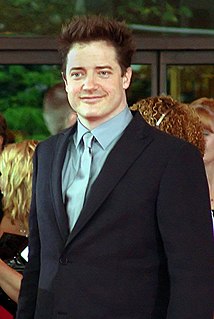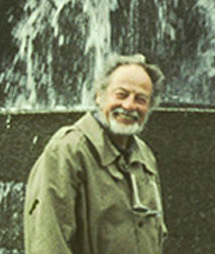A Quote by Elia Suleiman
I'm not in the business of saying just one thing about just one place. If you only see Palestine in my films, then I've failed because then I'm just a provincial filmmaker.
Related Quotes
See, the first thing about actors is, you're just trying to get a job; and you audition and audition and you finally get them. And you still consider yourself an auditioning actor. I auditioned for One Fine Day, I wasn't offered that. So you're still in that 'Hey, I'm just trying to get a job' thing. Then, you get to the point where, if you decide to do it, then they'll make the film. That's a different kind of responsibility, and it usually takes a couple of films to catch up. And then you have to actually pay attention to the kind of films that you're making.
The greatest thing you can do for another being is to provide the unconditional love that comes from making contact with that place in them that is beyond conditions, which is just pure consciousness, pure essence. That is, once we acknowledge each other as existing, just being here, just being, then each of us is free to change optimally. If I can just love you because here we are, then you are free to grow as you need to grow.
The thing about theater that always and still kind of makes me edgy is that you work and work and work and work, and then you're just in performance mode, and then you have to just be on; the work is done, and then you just have to do it over and over again, so you're just constantly at that performance level.
I think the most difficult thing about coming out is just getting to that place where you're comfortable with who you are and you're sayin' hey this is ok and just accepting yourself and not caring what other people think. Because if you don't have that confidence in who you are then, if things don't go the way you wish that they will, you know if people aren't accepting then they can easily tear you down if you're not prepared and comfortable with who you are.
I just rely on the text to speak for itself and then speak it as I believe it to interpret it, and then just know that the rules of the world that we're creating allow for things to come to life, and then just trust in the process of making a film. Hopefully we'll make a sequel, because if we do, we had such a great time as an ensemble, I think the best thing to do would be to just take the whole cast back. This is Iain's idea and I agree with it. Just reincarnate all the characters and put them back into the world. There's no rules. Why couldn't we do that?
Ever since I was a about seven or eight; I think it was seven. My brother said "I want to start acting," and me and my sister just said, "Oh we'll try it, we'll see." It was just one of those things - we were just like, "Oh, we'll see what happens." So we ended up - all my siblings and me - we ended up just trying it, and I got that one role on In Plain Sight and then we just decided to keep going and see what happens. And then: Hunger Games.
The thing is, right now the films don't need to be overtly political to be about our times. We also need films that are just human, that are about people. People need that, too. It's like we need to reconnect to what it is to be human. Not just what our political situation is. That's not what I'm thinking about exclusively. Human content is needed again, as it was in the '70s. I think films were more human than they've been since then.
